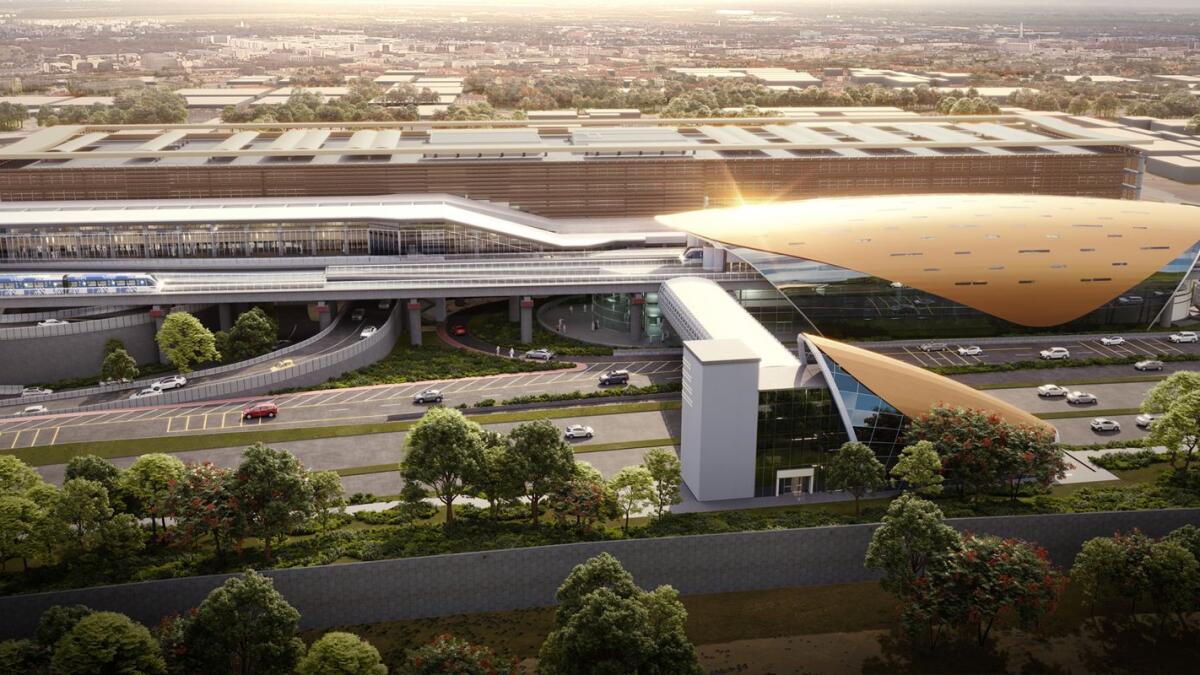Expanding Dubai Metro in the next few years is expected to bring benefits to residents in terms of saving time and money, according to experts and urban planners. The government’s plan is not only to extend the transport network but also to enhance liveability in neighborhoods, following the ’20-minute city’ plan. The recent announcement by the Executive Council of Dubai revealed plans to expand Dubai Metro from 64 stations covering 84 km to 96 stations covering 140 km by 2030, with further expansion to 140 stations covering 228 km by 2040. The goal is to boost populations around metro stations and improve the diversity of residential, commercial, office, and service spaces around the metro.
Dr. Monica Menendez from NYU Abu Dhabi highlighted the importance of the 20-minute city concept, which ensures residents have access to essential services and amenities within a short distance. She emphasized the need for a combination of transport policies and urban planning strategies to achieve this goal, including expanding and improving multiple transport options, fostering denser and mixed-used neighborhoods, and enhancing infrastructure for walking, biking, and other forms of micro-mobility. The expansion of public transportation and the integration of new vehicle technologies will be crucial in complementing the metro system for a more sustainable and efficient transportation network.
Emirati traffic safety researcher Dr. Mostafa Al Dah pointed out that creating 20-minute cities can alleviate traffic congestion in Dubai. A recent study showed that motorists in Dubai lost 33 hours sitting in traffic congestion in 2023, highlighting the impact of long commutes on road congestion and overall quality of life. By connecting people to their workplaces and essential services through improved public transport, the reliance on cars can be reduced, leading to lower carbon emissions and a more sustainable urban environment. Andrew Elliott from Chestertons noted that new transport links can attract more investment from developers and stimulate urban growth and redevelopment, making properties near metro stations more appealing to environment-conscious investors and residents.
Prof. Menendez emphasized that while achieving these goals may take time, with the right vision and political will, it can be accomplished. She expressed confidence in the UAE’s ability to turn these concepts into reality, creating multiple 20-minute neighborhoods or cities where essential services and amenities are easily accessible within a short distance. The focus on sustainability and reducing carbon emissions will play a key role in making properties near metro stations more attractive, contributing to a more environmentally friendly and economically vibrant urban landscape. Overall, the expansion of Dubai Metro and the implementation of the 20-minute city plan are expected to bring numerous benefits to residents, businesses, and the overall livability of Dubai.











